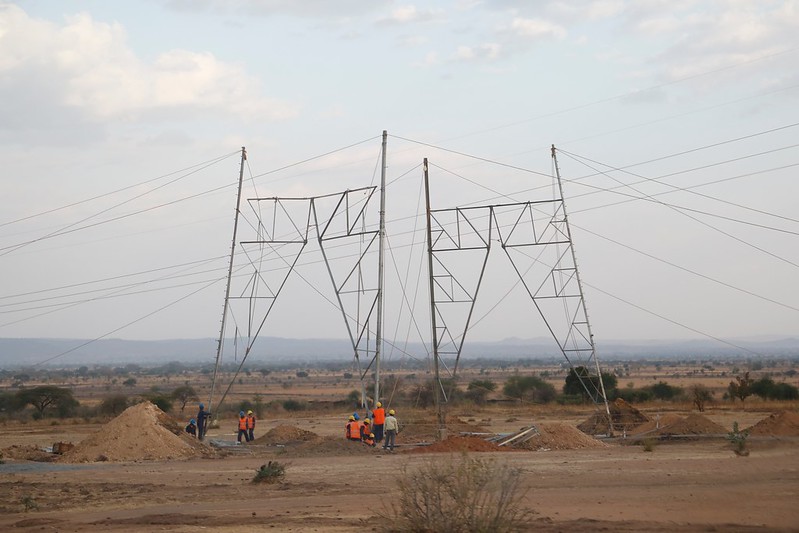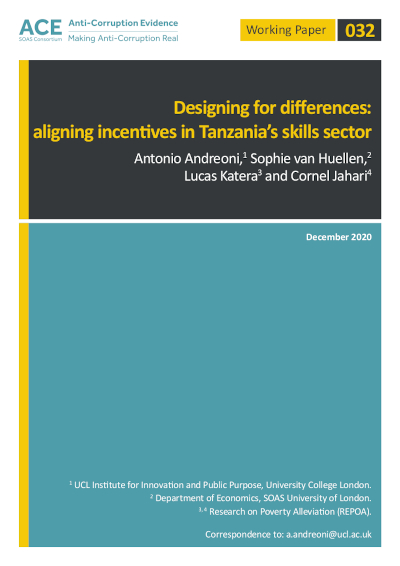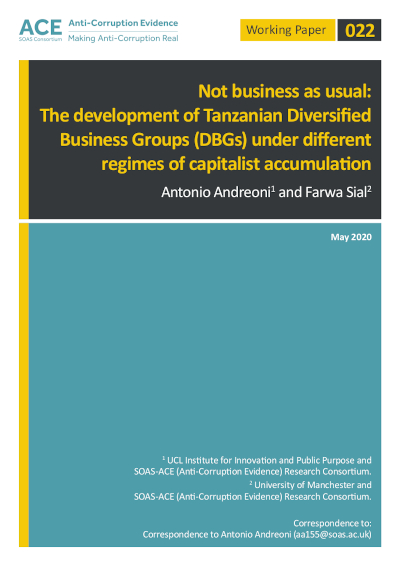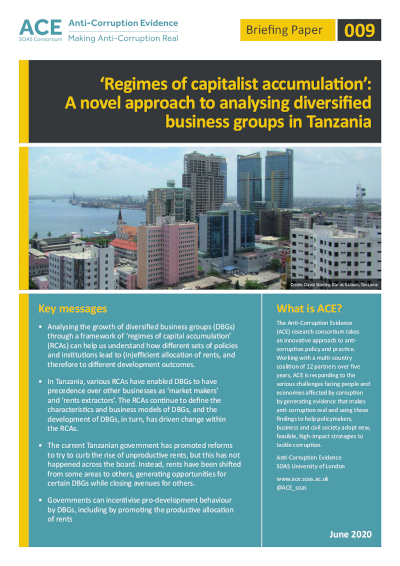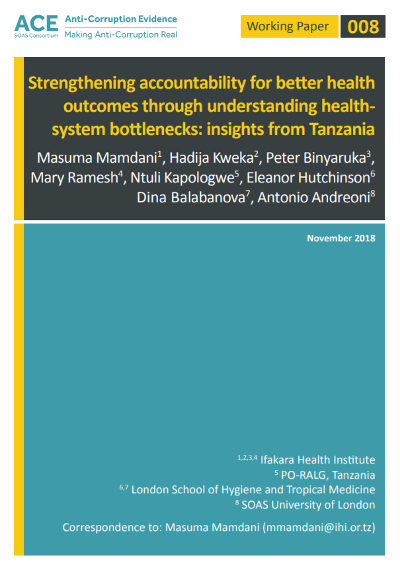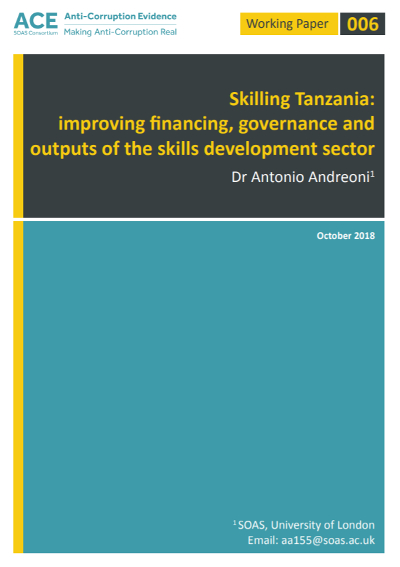
Tanzania
Tanzania is a fast-growing economy, with growth rates above average for Sub-Saharan Africa since 2005; a stable though evolving political settlement; and robust macroeconomic performances. While two thirds of the population are still employed in the agricultural sector, initial signs of productive transformation have happened over the past few years. For example, food and beverages, some agro-business and mining manufacturing have started to gain traction in domestic and export markets, whilst creating formal employment opportunities.
Despite some encouraging results and the country’s huge growth potential, Tanzania faces multiple challenges constraining its structural transformation and overall poverty reduction. These include the dominance of trade over productive sectors; the shortage of good job opportunities and technical skills; limited productive investments and high concentration of industries in few regions; deficiencies in public service delivery and bottlenecks in key economic infrastructures such as the power sector.
In all these sectors, overlapping corruption practices and rent capture have been major structural constraints to Tanzanian development.
The dramatic acceleration in the fight against corruption by the current government since 2015 has opened an important window of opportunity for sectoral anti-corruption reforms and improved development outcomes. After painful and necessary institutional and economic shocks in the public and private sectors, Tanzania has been slowly moving towards a new stable equilibrium in its political settlement.
More critically, following the pragmatic and deal-making approach of political leadership, new forms of dialogue between the public and private sectors are gradually emerging. This provides an opportunity for researchers to document evidence of corruption and inefficiency in these sectors to help build feasible, high-impact reforms that will support development and tackle corruption.
The consolidation and sustainability of important results achieved so far calls for such sector-specific anti-corruption reforms to be embedded in institutions. These reforms can reduce the vulnerability to corruption in the public sector, deliver pragmatic solutions and tangible results, while opening new spaces for productive investments and diversification, as well as new public-private partnerships.
The achievement of these development outcomes is a critical ingredient in sustaining Tanzanian efforts along its structural transformation pathway. ACE is working towards this objective with its Tanzanian research projects and stakeholders.
Projects in Tanzania
Publications
Designing for differences: aligning incentives in Tanzania’s skills sector
The existence of skills gaps and mismatches has been widely ...
Not business as usual: The development of Tanzanian Diversified Business Groups (DBGs) under different regimes of capitalist accumulation
This paper is the first comprehensive study of Tanzanian Diversified ...
‘Regimes of capitalist accumulation’: A novel approach to analysing diversified business groups in Tanzania
Diversified business groups (DBGs) have played an important role in ...
Lost in trade: towards a red-flag system to target trade misinvoicing and tax evasion in Tanzania
Trade misinvoicing and the resulting tax evasion are profoundly intertwined ...
Research summaries – SOAS ACE projects in Tanzania
Read on for a full set of research summaries for ...
What drives health workers to break the rules and use public resources for private gain? A review of the literature on sub-Saharan Africa
The health sector has long been identified as being one ...
A new approach to strengthening accountability for better health outcomes for all: Insights from Tanzania
Masuma Mamdani presented a poster showing the preliminary outcomes of ...
Strengthening accountability for better health outcomes through understanding health system bottlenecks: insights from Tanzania
Tanzania’s public health system is stretched: financing is fragmented and ...
Realigning incentives, taking differences into account: Towards evidence-based reforms of the skills development sector in Tanzania
Vocational skills development and the effective organisation of skills are ...
Skilling Tanzania: improving financing, governance and outputs of the skills development sector
More skills, higher levels of skills, and different kinds of ...



